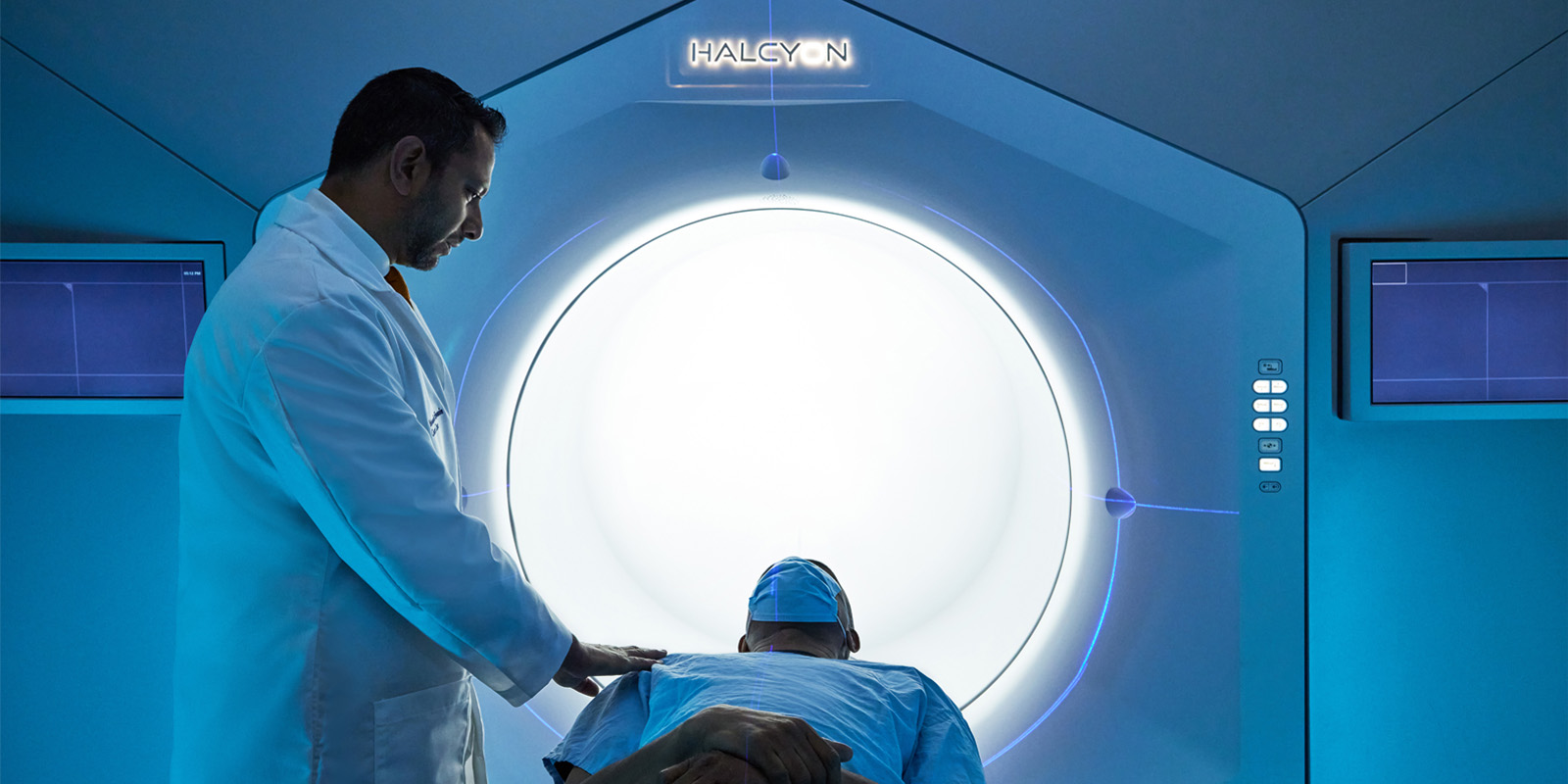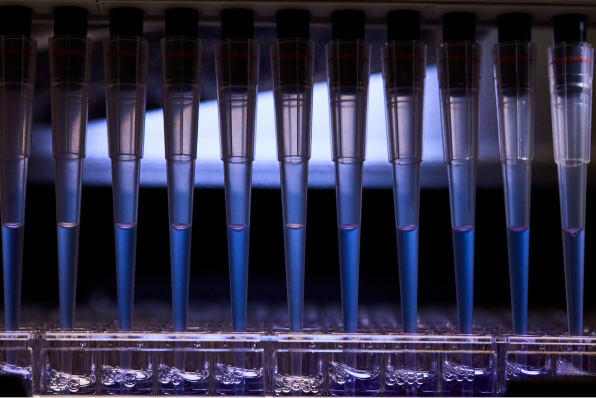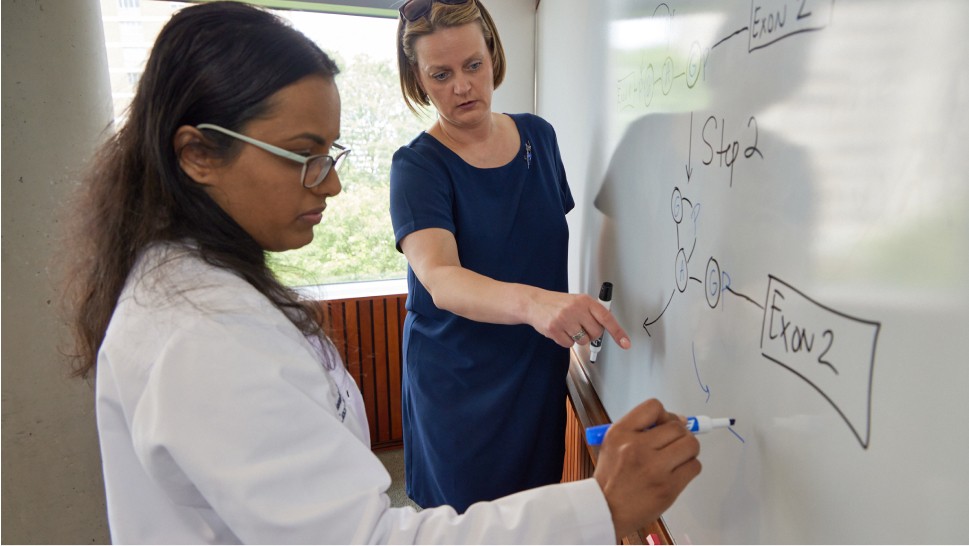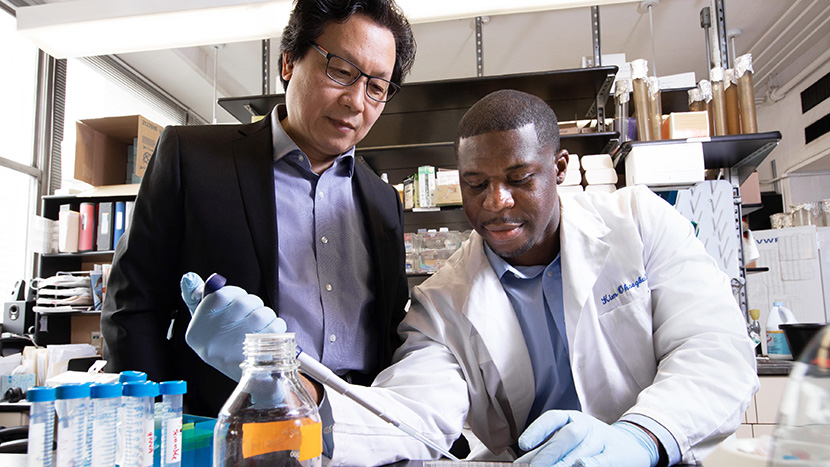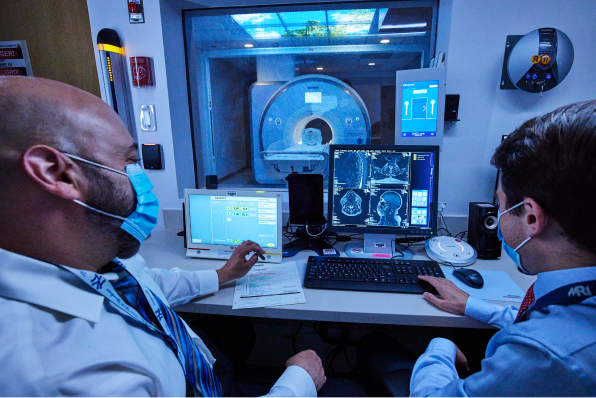Skilled leading rehabilitation therapists are available to all patients who receive care at Montefiore Einstein Comprehensive Cancer Center. You’ll have full access to outpatient treatment for musculoskeletal and other functional challenges caused by various cancers and their treatments. You can receive these customized rehabilitation services at any point during your cancer journey, from diagnosis to treatment and remission.
Goals of Cancer Rehabilitation
Your multidisciplinary cancer rehabilitation team offers a range of effective, evidence-based therapies designed to bolster your energy, build strength and endurance, minimize stress and enhance your physical and emotional wellbeing. Working with our rehabilitation experts can enable you to experience a fuller and faster recovery.
Access compassionate guidance and well-rounded therapies to help you:
- Engage in a healthy, active and more enjoyable lifestyle
- Return to work and take part in family, social and community life
- Improve your endurance and mobility
- Reduce or eliminate pain related to your diagnosis and treatments
- Reduce sleep problems
- Restore and maintain the highest possible level of function, independence and quality of life
What to Expect
Our rehabilitation specialists understand that cancer and its treatments—such as chemotherapy and radiation therapy—can cause physical and psychological challenges. These challenges often affect your ability to actively engage in life at home, at work and in your community. To help, our experts have developed advanced, specialized screening protocols to determine your potential rehabilitation needs and then tailor your rehabilitation plan to meet those needs.
Rehabilitation Services We Provide
We can work with you from the moment you are diagnosed and continue as long as you need our care. Our highly skilled specialists create customized outpatient rehabilitation programs to help combat various impairments, including but not limited to:
- Brachial plexopathy–damage to the nerves on the sides of your neck
- Chemotherapy-induced peripheral neuropathy–damage to the nerves on the outside of the brain and spinal cord, usually affecting the hands and feet
- Cognitive problems–challenges with thinking and concentration
- Deconditioning–reversing the effects of limited physical activity, such as muscle loss
- Decreased cardiovascular capacity–reduction in the ability to engage in aerobic exercise or other activities
- Dysarthria–trouble controlling or using the muscles for speech
- Dysphagia–trouble swallowing food or drink
- Fatigue–extreme, long-term tiredness
- Gait and balance dysfunction–trouble walking or staying upright
- Lymphedema–swelling of arms or legs caused by excess fluid in the body
- Musculoskeletal pain–pain that affects the muscles, ligaments, tendons, bones or nerves
- Neuropathic pain–pain that develops due to nerve damage
- Osteopenia and osteoporosis–reduced bone density which may lead to fractures (broken bones)
- Radiation fibrosis syndrome–soft tissue damage caused by radiation
- Reduced physical strength–weakness due to limited physical activity
- Reduced range of motion of joints–tightness in joints due to limited physical activity
- Sensory deficits–decreased functioning of senses, such as reduced sensitivity to hot or cold in fingers
Lymphedema Therapy
Lymphedema is excess fluid in the body that leads to swelling in the arms or legs. Sometimes as a side effect of surgery to treat breast cancer, lymphedema occurs when the lymph system (which usually filters extra fluid from the body) is not working properly. Our lymphedema specialists use techniques such as drainage, compression and light exercise to help reduce the signs and symptoms of this condition.
See what causes lymphedema, how to identify it, and steps you can take to prevent it.
Your Rehabilitation Team
Our cancer rehabilitation specialists will assist you with structured exercise plans to improve your cancer-related fatigue, boost heart and lung fitness and lessen the severity of various treatment side effects. During your rehabilitation, you may see one or more of the following specially trained experts:
- Occupational therapists–work with you to improve your independence in daily activities such as bathing and cooking
- Physiatrists–doctors specializing in physical medicine and rehabilitation
- Physical therapists–work with you to implement a training program to reduce fatigue and optimize function
- Speech and language therapists–address swallowing difficulties, speech troubles and other related issues
Your rehabilitation team collaborates closely with your oncologists, surgeons, radiologists and other specialists to ensure you have a comprehensive, multidisciplinary cancer care plan.
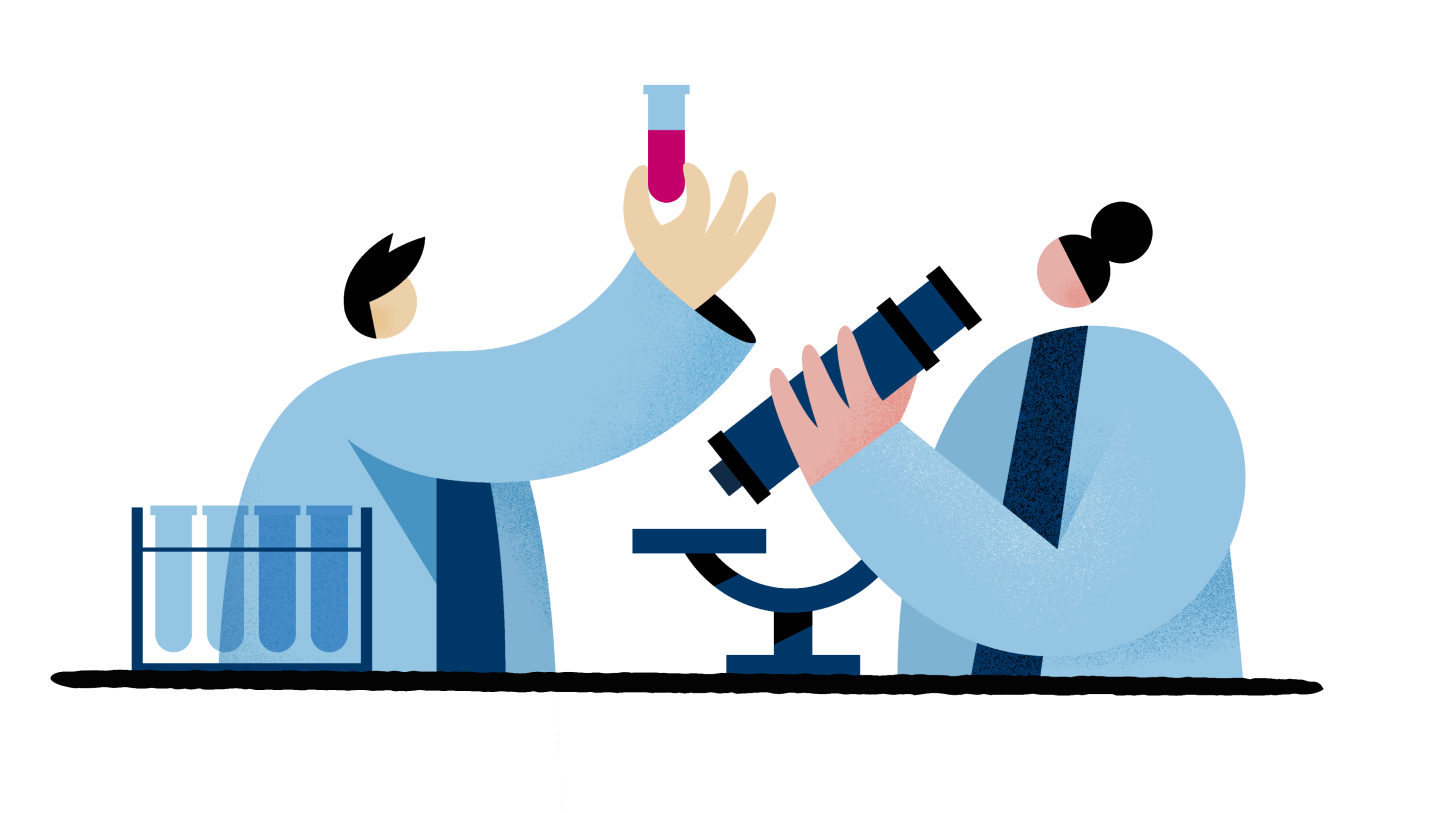
Cancer Clinical Trials
- Blood & Bone Marrow Cancers
- Brain, Spine & Central Nervous System Cancers
- Breast Cancer
- Childhood Cancers
- Endocrine System Cancers
- Gastrointestinal (GI) Cancers
- Genitourinary (GU) & Urologic Cancers
- Gynecologic Cancers
- Head & Neck Cancers
- Kaposi Sarcoma & AIDS-Related Cancers
- Lung & Chest Cancers
- Prostate Cancer
- Sarcomas
- Skin Cancer


